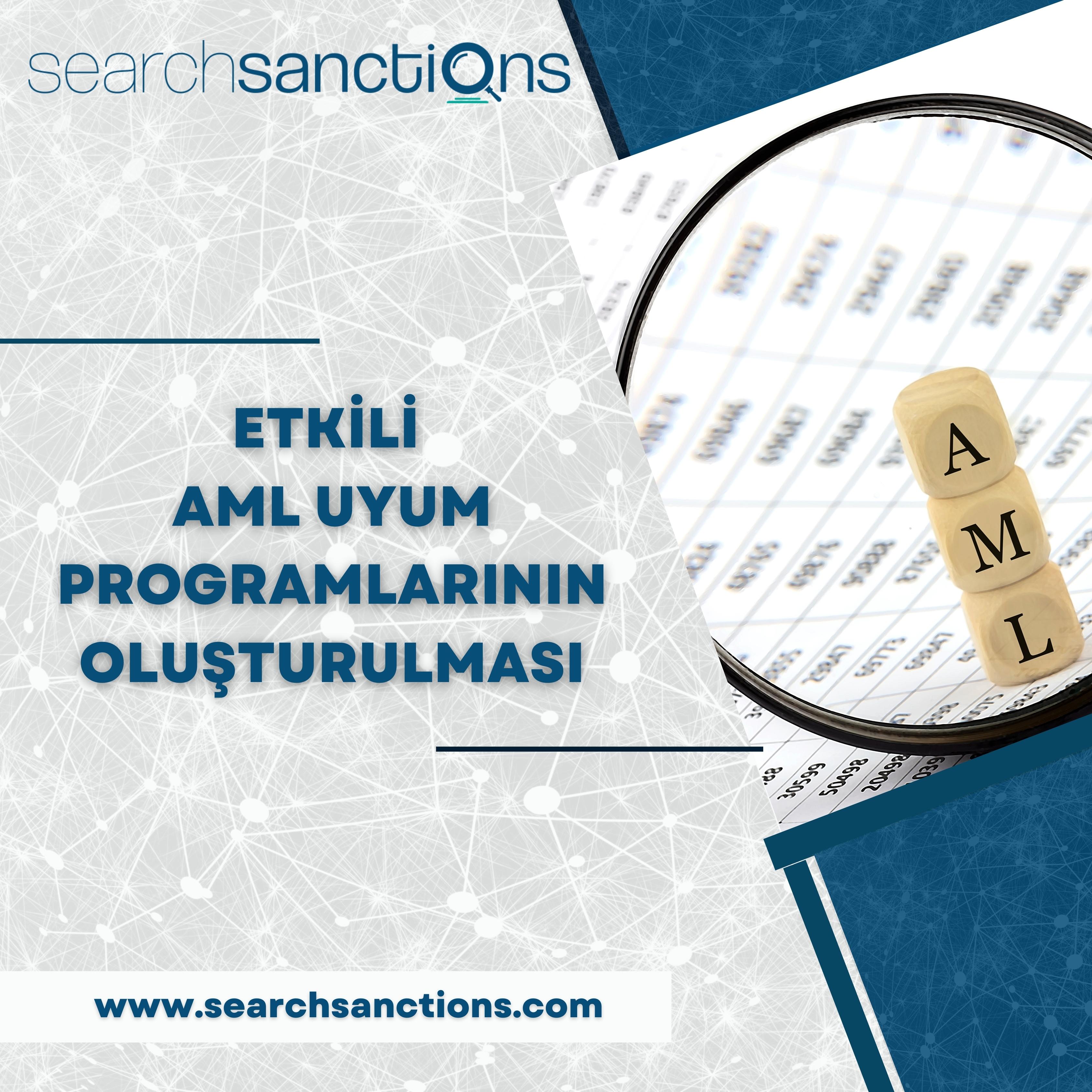Establishing Effective AML Compliance Programs: Key Steps in Combating Financial Crime
Money laundering (AML) and terrorist financing (TF) have become a major problem in the financial sector and the effects of such crimes are widespread and devastating across the globe. To prevent and detect these crimes, financial institutions must establish effective AML (Anti-Money Laundering) and CTF (Counter-Terrorist Financing) Compliance Programs.
What are AML and CTF?
AML (Anti-Money Laundering) and CTF (Counter Terrorist Financing) are important tools used to prevent and detect financial crime. While AML refers to attempts to disguise the proceeds of crime as legitimate sources, CTF aims to prevent the financing of terrorist organizations. Both concepts aim to protect the integrity and security of the financial system.
Importance of AML Compliance Programs
AML compliance programs are a must for financial institutions and are supported by legal regulations in many countries. These programs help prevent and detect financial crime and also ensure that institutions meet their legal responsibilities.
AML compliance programs are important in the following respects:
Protecting Financial Stability: Financial crime can threaten the stability of the financial system. AML compliance programs protect financial stability by mitigating these threats.
Preventing the Proceeds of Crime: AML programs prevent the laundering of the proceeds of crime and the rewarding of illegal activities.
Protecting the Institution's Reputation: Reputation is very important for financial institutions. AML compliance programs help protect the institution's reputation and increase customer confidence.
Fulfillment of Legal Obligations: Many countries require financial institutions to comply with AML laws. Compliance programs ensure that these legal obligations are met.
Key Elements of AML Compliance Programs
In order to establish an effective AML compliance program, certain elements need to be considered. These elements are listed below:
Risk Assessment: Each financial institution should determine its risk profile. This helps them understand which customers pose a higher risk and which transactions should be scrutinized more carefully.
Policies and Procedures: The institution should have policies and procedures related to AML and CTF. These documents guide employees and provide implementation guidance.
Customer Identity Verification (KYC): Verifying the identity of customers is very important. KYC procedures ensure to monitor customers' identities and transactions.
Suspicious Transaction Reporting: AML programs should include the detection and reporting of suspicious transactions to authorities.
Training and Awareness: All employees should be trained on AML and CTF issues. This ensures effective program implementation.
Implementation of AML Programs
For effective implementation of AML programs, it is important for financial institutions to take the following steps:
Senior Management Support: Senior management needs to fully support the AML program. This ensures effective implementation of the program.
Technological Infrastructure: Financial institutions should provide the necessary technological infrastructure for AML and CTF. This includes analyzing big data, detecting suspicious transactions and streamlining reporting processes.
Customer Education: Clients should be provided with information on AML and CTF policies and requirements. This helps clients to cooperate.
Implementation and Monitoring: AML programs need to be implemented and monitored on an ongoing basis. Suspicious transactions should be quickly identified and reported to authorities.
Conclusion and Future Perspectives
An effective AML compliance program enables financial institutions to play an effective role in combating financial crime. These programs help maintain financial stability, prevent the proceeds of crime, and help institutions meet their legal obligations.
In the future, AML programs will become even more important. Technological advances and tools such as big data analytics and artificial intelligence will help AML programs become more effective. In addition, international cooperation and the development of standards will contribute to more effective prevention of financial crime.
Establishing and implementing effective AML compliance programs in the financial sector plays an important role in combating financial crime. These programs help financial institutions protect their reputation, enhance customer confidence, and prevent money laundering.
Request Demo
You can contact us as to our services, integration processes, request demo or customized solutions.


